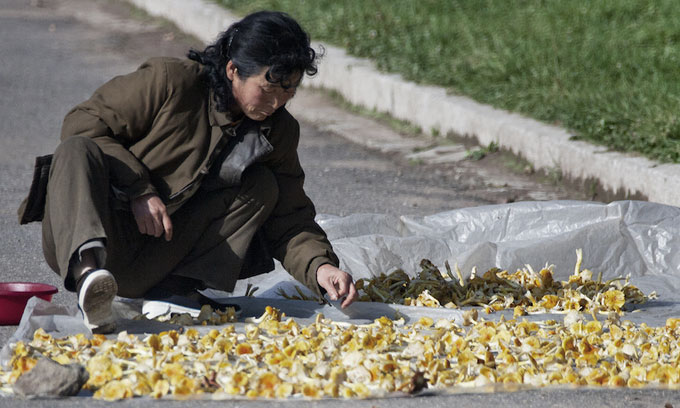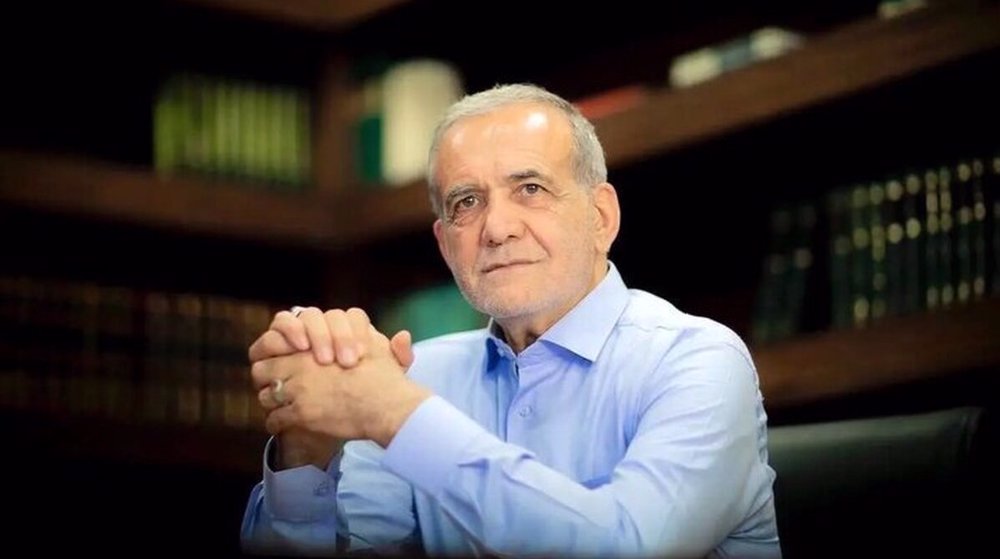(UTV | NORTH KOREA) – Kim Jong Un’s heavy focus on agricultural issues and rural development plans in December’s party meeting could suggest food supply issues are worsening in North Korea, analysts told NK News on Monday.
The plenum, which wrapped up on Friday in time for in-depth New Year’s day coverage published in state media, paid significant attention to issues related to the DPRK’s domestic food production capabilities.
“This report is unusual for a New Year’s statement in paying more attention to agriculture than all other sectors of the economy,” said Joshua Pollack, a researcher at the Middlebury Institute of International Studies at Monterey.
“This striking emphasis on agriculture combined with the many references to severe difficulties suggests that hunger is already a serious problem.”
Thomas Schäfer, Germany’s former ambassador to North Korea, agreed: “Dispensing so many words on agriculture seems to be a clear sign that the situation there is dire indeed.”
A Rodong Sinmun report about the plenum referenced ongoing “severe difficulties” in the economy several times, and a large portion of coverage was dedicated to covering Kim Jong Un’s speech on a new rural development plan.
“(Kim Jong Un also) put forward tasks to make a radical progress in solving the issue of food,” a Voice of Korea readout of the North Korean leader’s concluding speech stated. The plenum also included language that stressed the need to prioritize rice and grain harvests in the year ahead.
North Korean state media said in June 2021 that the country was facing a “food crisis” related to damage caused by typhoons the year before and failures in the agricultural sector.
Pollack said that Kim’s decreasing weight could even be related to growing food shortage problems.
“Note also that the photos show that Kim Jong Un continues to lose weight,” he said. “It seems clearer than ever that his former corpulence had become a political liability: We might infer that hunger is already reaching into the regime’s base of support, and is not confined to the countryside.”
Cheong Seong-chang of the Sejong Institute said North Korea “faced a serious food shortage” in 2021, to the point that “it had to release military rice and supply it to its residents.”
“Therefore, this year’s main goal seems to be to increase farmers’ satisfaction and increase food production by development of rural areas that are relatively underdeveloped compared to cities,” he said.
However, experts said they were doubtful as to whether Kim’s plans could work, even with the renewed focus on rural development.
“No matter how many alternatives North Korea brings up to overcome the current economic situation, it would be difficult to make an achievement without resolving intensive North Korean sanctions and the COVID-19 outbreak,” said Kim Young Hee, a graduate of North Korea’s Wonsan University of Economics who is now based in South Korea.



